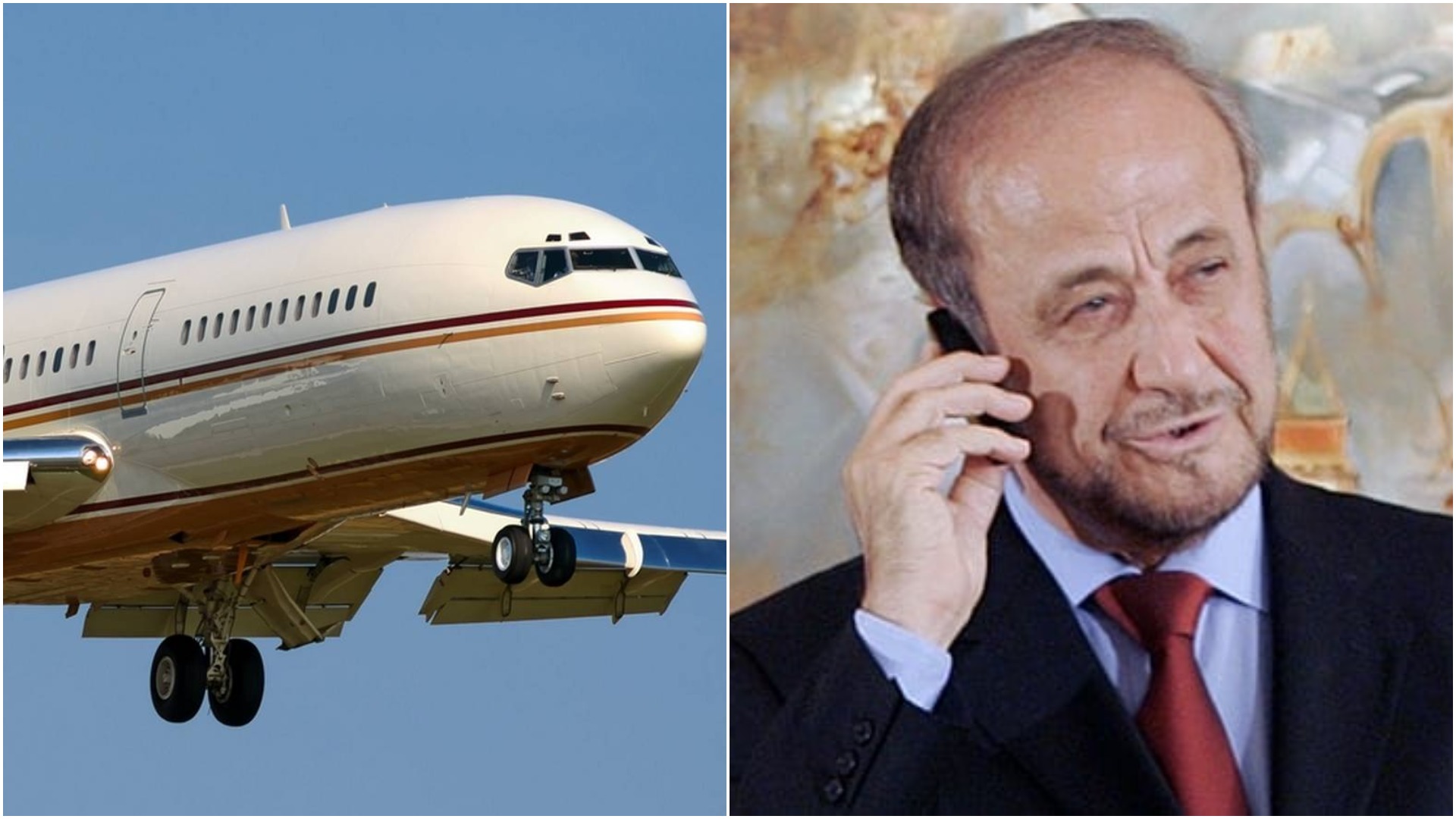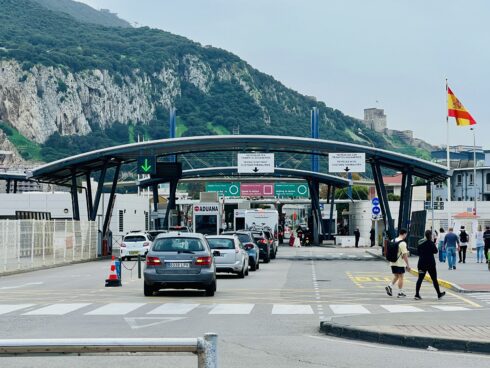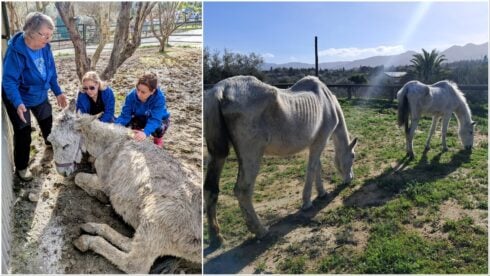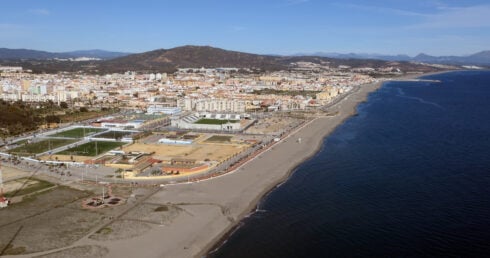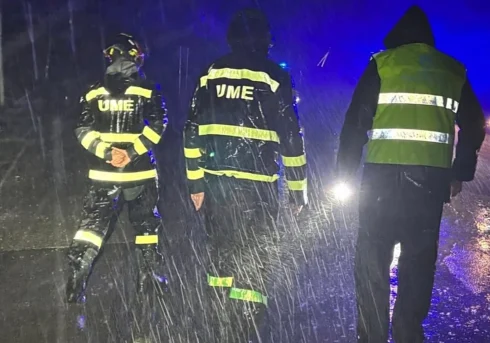HE is the ‘most corrupt man in the history of Syria’ who spent millions of his ill-gotten gains buying up properties and businesses in southern Spain.
That is what has been concluded by investigators in Madrid, who have levelled a series of money laundering and criminal accusations against Rifaat Al-Assad, the uncle of current Syrian president Bashar Al-Assad.
According to a pre-trial report seen by the Olive Press, Rifaat treated his home country as a cash cow, smuggling drugs, stealing artefacts and usurping property at will, all with the help of state security forces.
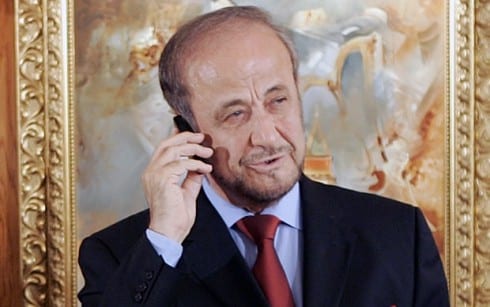
According to military witnesses in Syria, Rifaat, not content with being Chief of the Defense Brigades, created the Shabiha, a paramilitary group which would carry out sickening crimes to help line his pockets.
A former general told investigators: “Rifaat was the superior head of the entire intelligence system…in Syria he was almost God.”
Rifaat, it is alleged, first planted his Shabiha forces in the ports of Latakia, Banias and Tartous, where they began smuggling drugs, antiques and more, all under the radar of Syria and while charging illegal tariffs.
One witness said the Shabiha groups committed all kinds of atrocities, including rapes, robberies and assaults.
A former high ranking Syrian politician told French investigators: “Rifaat’s success was based on corruption and bad actions in power… He continued with his corruption operations but, unfortunately, his brother did not punish him.
“He did not pay for his actions. I was talking to his brother, the President, about Rifaat’s behaviour. He was known for trading in products banned in Syria.
“Rifaat already had more than $500 million of his misdeeds and corruption …Rifaat Al-Assad’s fortune must be around $4 billion… Rifaat was a specialist in smuggling illegal goods.”
Another witness told the French: “You have in your hands the most corrupt man in the history of Syria… he smuggled everything into Lebanon…iron, building materials…everybody knows.
“I have personally seen cannabis fields in Alep and around Anaschabie…they were protected and nurtured by the defense brigades. But I also know about opium…that was sold to Saudi Arabia.”
Rifaat also fuelled wars in other countries to line his pockets, according to witness statements, which claimed he was in deep with the illegal arms trade.
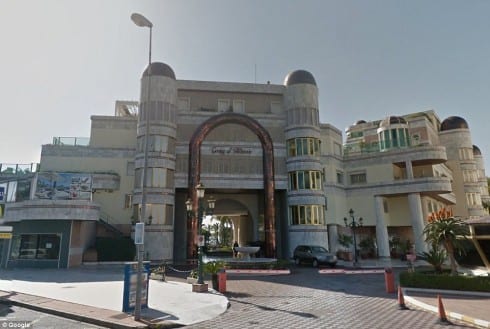
He also allegedly had no qualms in raiding ancient sites for artefacts.
One Syrian lawyer claimed an ancient cave from the Roman era was discovered in Minaq, in Syria, containing significant amounts of gold and archaeological treasure. Rifaat allegedly immediately took a helicopter to the site, taking all the gold with him before sending the military to collect the rest of the treasure some days later.
He allegedly sold all the items on the black market.
In another incident in 1983, according to witnesses, Rifaat looted a ship loaded with antiquities in Hama, including 204kg of gold.
These are just a handful of examples of the alleged stranglehold Rifaat had on Syria throughout the 1970s and early 1980s, before he was exiled by his brother – but not before making a deal to drain the country’s coffers of $300 million.
This cash, disguised by Syria as loans and expenses of the presidency, would be added to Rifaat’s already existing fortune before being washed across Europe, including in Spain.
As the Olive Press previously revealed, Rifaat set up a highly complex network of 29 shell companies in Gibraltar, and others in the Bahamas, Panama and the US.
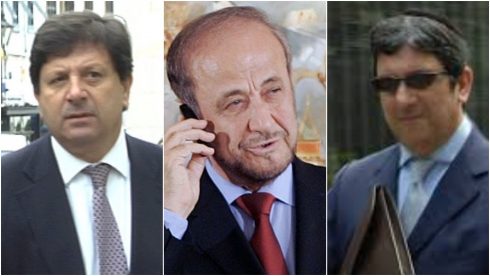
With the help of the disgraced Marrache brothers, the Gibraltar companies, run by family members and allies, would buy up large swathes of property in Spain before being transferred to Spanish companies.
The Al-Assad network would buy 507 properties valued at €695 million. These included 80-plus properties in the Gray d’Albion complex in Puerto Banus and dozens in Benabola.
The hundreds of properties would have made millions by being rented out since the 1990s.
They have all been seized since a Europe-wide probe into Rifaat was launched in 2017. Some 26 bank accounts were also frozen, containing €672,289.
But it wasn’t just properties that Rifaat and his sophisticated network of shell companies, run with the help of his sons, were buying.
According to court papers, the dozens of companies poured allegedly ill-gotten cash to help set up a string of businesses along the Costa del Sol, including beach bars and restaurants.
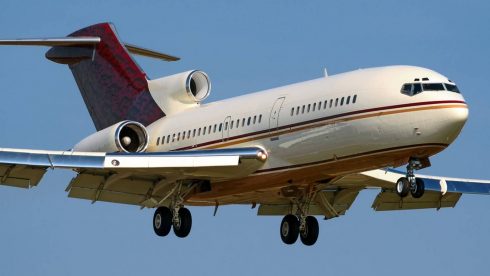
These include the popular Plaza Beach in Puerto Banus, which opened in October 1999 and which between 2005 and 2015 earned €673,934, according to the Madrid pre-trial report.
Hollywood Cafe Banus was also launched by the network, and between 2010 and 2015 reported losses of €6,141. It is not believed to be operational anymore.
They are two of many more, which posted losses or very small profits.
The court papers read: “The above establishments are operating an allegedly legal trade and would have obtained €683,701.93 in total profits in the last 10 accounting years.
“Nevertheless, the initial capital, the conditioning of premises, purchase of furniture and interior decoration, would have come from money plundered in Syria by Rifaat Al-Assad.”
The so-called Butcher of Hama and his family also had a thing for engines, with an armoured Hummer, Range Rover Vogue and Mercedes SLK three of eight luxury vehicles seized.
“The people investigated have held and continue to hold high power purchasing power that is reflected in a high standard of living, making purchases of luxury properties that are beyond the economic reach of not only people with a normal purchasing power, but of people with high purchasing power, with such assets only available to billionaires,” the Madrid papers read.
Indeed adding to the fleet of cars are three yachts. The Lara A, now called Voyager, is a 61-metre boat capable of holding 17 crew and 16 guests with eight double cabins. It’s yours to rent for €150,000 per week.
There is also the Natal Samara yacht and the Alesia, the latter of which is owned by Assad-owned shell company Fielding Capital LTD.
However all three pale in comparison to the Boeing 727 jet. Measuring 52.8 metres long and 32.9 metres wide, it is usually used for commercial flights, being able to carry 180 passengers.
But according to investigators, Rifaat bought his own personal model in 1987. It is not known how much it would have set him back, but estimates price the aircraft at around €10 million.
However he sold the plane in 1994 to the government of Jordan, according to American court filings.
Prosecutors in Spain are seeking a €1 billion fine against Rifaat, and €700 million for each of his children for alleged years of money laundering.
It is not known when a trial will be heard.
Click here to read more Spain News from The Olive Press.

